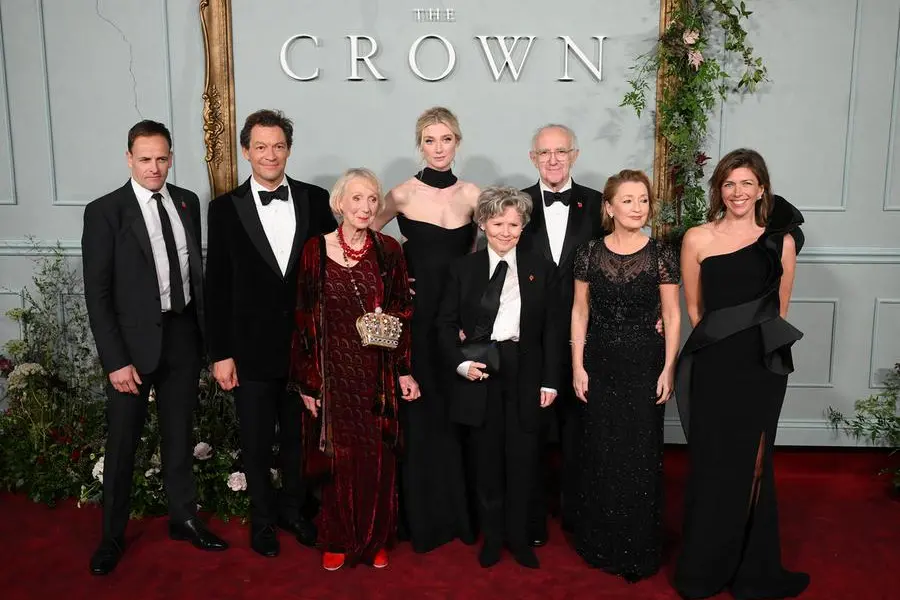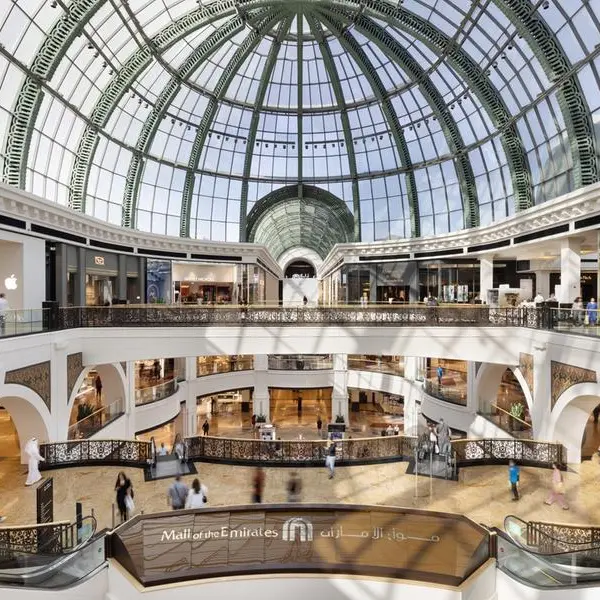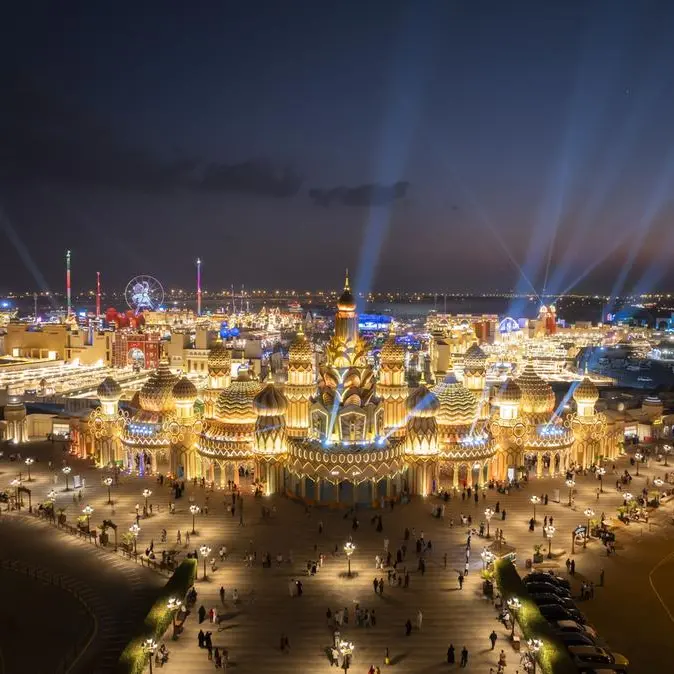PHOTO
Fans of "The Crown" are holding their breath for the final season of the hit Netflix drama about the life of Queen Elizabeth II, with the last episodes covering some of the most tumultuous times of the monarchy.
The 10 episodes of the sixth and final season of the series is being released in two stages, with five episodes on Thursday, and the remainder on December 14.
The series notably features the event that shook the British monarchy to its core -- the death of Princess Diana on August 31, 1997.
- The people's princess -
A trailer for the new season, which will recount the last weeks of Diana's life after her tumultuous divorce from the current King Charles III up to her death, shows the princess (Elizabeth Debicki) overwhelmed by media attention.
"You have finally managed to turn everything upside down in this house -- it's nothing less than a revolution," the queen says to the princess, who replies that this was never her intention.
Chased by paparazzi, the BMW carrying Diana crashed into a pillar of the Alma Tunnel in Paris, killing the 36-year-old princess and her lover, the wealthy Egyptian heir Dodi Al-Fayed.
A huge outpouring of public grief followed Diana's death, with the queen widely criticised for her delayed reaction to the loss of her daughter-in-law, whom prime minister Tony Blair dubbed "the people's princess".
Courted by celebrities and the media, Diana forged a global reputation for compassion with people with HIV/AIDS and victims of landmines, and remains an almost sainted figure worldwide over 25 years later.
Memories of her persist in part because the hated "other woman" in her marriage -- Camilla -- is now Charles's queen.
- Controversies -
The royal family has never publicly commented on the series, but revelations that Diana appears as a ghost in Season Six have already caused patriotic Brits to splutter indignantly into their teacups.
But series creator Peter Morgan denied Diana was a "ghost in the traditional sense".
"It was her continuing to live vividly in the minds of those she has left behind," he told Variety.
"Diana was unique, and I suppose that's what inspired me to find a unique way of representing her. She deserved special treatment narratively."
It is not the first time that "The Crown" has found itself under fire from critics.
Apart from Diana's demise, Season Six, which spans the years 1997 to 2005, is expected to portray the tenure of Tony Blair as prime minister, Prince Edward and Sophie Rhys-Jones's wedding, the blossoming romance of Prince William and Kate Middleton, and the marriage of Prince Charles and Camilla Parker Bowles.
Over the seasons, the show has attracted controversy for suggesting infidelities by the queen and her husband Philip, of portraying the current king as a cheating husband who neglected young Diana, and suggesting Charles wanted his mother to abdicate in the 1990s.
Last year, Netflix said it would add a warning stating that show was a work of fiction.
Photographer Arthur Edwards, who has covered the royal family for 40 years, told The Sun tabloid that he had to stop watching the series after two seasons as he was too annoyed by the fabrications.
"What really annoys me is the terrible way the programme treats Prince Charles, now our king," he said.
For Laura Clancy, a media specialist at Lancaster University, "The Crown" is challenging for the monarchy because it is popular but that is not necessarily a negative.
"'The Crown' is certainly a key cultural text that audiences are turning to make sense of the British monarchy today," she told AFP.
The show, she said, had done lot of positive things for the monarchy as well, including making it relevant to new audiences.





















